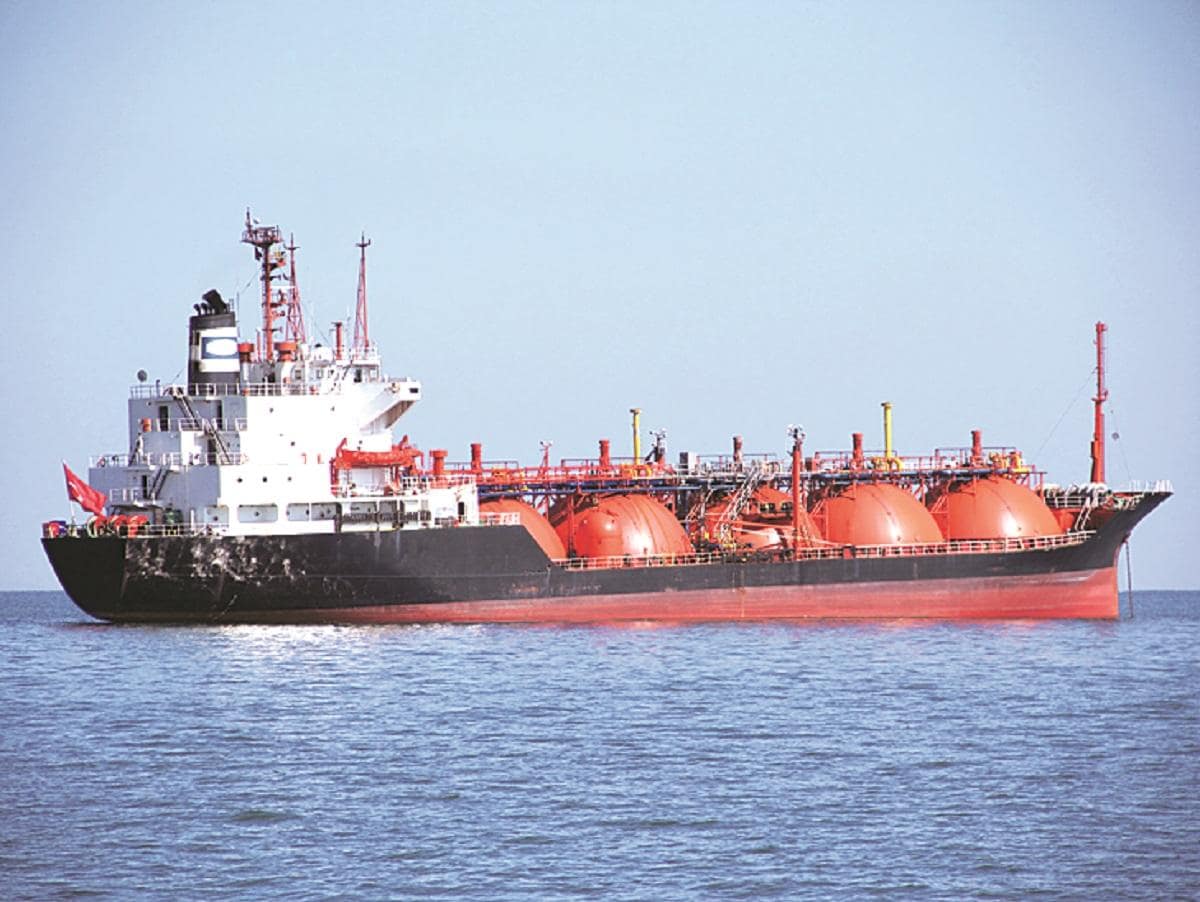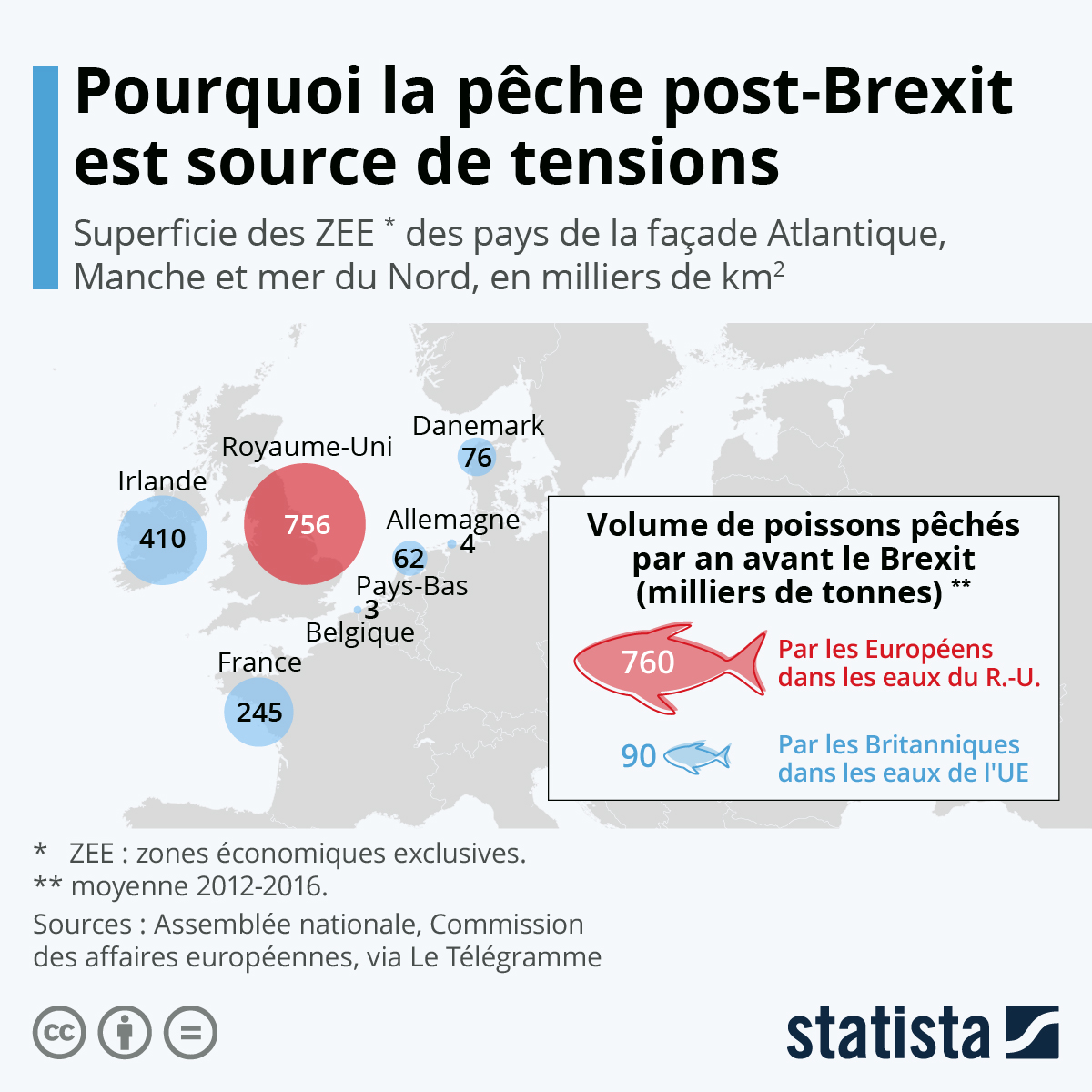Russia's Arctic Shadow Fleet: Renewed Activity And Growing Concerns

Table of Contents
Military Expansion in the Arctic: A New Cold War?
Russia's assertive actions in the Arctic are fueled by a significant military expansion, raising concerns about a new Cold War-like scenario. This involves not just the augmentation of existing forces but a comprehensive modernization of its capabilities specifically tailored for Arctic operations.
Increased Naval Presence:
The growth of Russia's Northern Fleet is undeniable. The modernization of its icebreakers, capable of operating in even the thickest ice, is a key element of this expansion. These vessels are not just for scientific research; they are increasingly being used to support military operations and project power.
- Specific Ships: The nuclear-powered icebreakers Arktika and Sibir are prime examples of this technological advancement, capable of navigating previously inaccessible areas. Russia is also modernizing its fleet of submarines, enhancing their capabilities for stealth operations beneath the Arctic ice.
- Advanced Weaponry: The deployment of advanced weaponry, including hypersonic missiles and modernized air defense systems, in various Arctic bases significantly increases Russia’s military reach and potential to control crucial sea lanes and strategic chokepoints.
- Increased Submarine Activity: There's been a noticeable increase in Russian submarine activity in the Arctic, raising concerns about potential strategic projection and the potential for surprise attacks.
- Military Spending: Russia's substantial investment in Arctic military infrastructure, estimated to be billions of dollars annually, further underlines its commitment to asserting its dominance in the region.
Strengthening Infrastructure:
Russia is actively constructing new military bases, airfields, and radar stations across its Arctic territories. These strategically located installations significantly enhance its surveillance capabilities and ability to project military power.
- Strategic Locations: New bases on Franz Josef Land, Novaya Zemlya, and other strategically important islands enhance Russia's ability to monitor air and sea traffic. The upgrades and construction of airfields allow for rapid deployment of troops and equipment.
- Implications for Power Projection: This infrastructure development allows Russia to monitor and potentially control vital shipping lanes, asserting its influence over both military and commercial traffic.
- Sophisticated Radar Systems: The deployment of sophisticated radar systems allows for early warning of any potential threats, providing a critical advantage in the region's often unpredictable weather conditions.
Resource Exploitation and Economic Interests
Beyond military posturing, Russia's Arctic ambitions are significantly driven by the region’s immense natural resources and strategic shipping lanes.
Energy Reserves and Natural Resources:
The Arctic holds vast reserves of oil, gas, and minerals, making it a highly coveted region for resource-rich nations. Russia possesses a significant portion of these reserves, driving its economic interest in exploiting these resources.
- Economic Incentives: The potential economic gains from Arctic resource extraction are enormous, driving Russia's investment in exploration and extraction technologies.
- Environmental Impacts: However, these operations come at a cost, with potential negative environmental consequences, including pollution, habitat destruction, and disruption to delicate Arctic ecosystems.
- International Legal Challenges: International law related to Arctic resource claims remains complex and contested, creating potential for disputes and conflicts among various stakeholders.
Shipping Routes and Trade:
Climate change is opening up previously inaccessible Arctic waters, creating new navigable shipping routes, most notably the Northern Sea Route (NSR) along Russia's northern coastline. Russia seeks to capitalize on this by controlling access to and profiting from the NSR.
- Economic Benefits of the NSR: The NSR offers a significantly shorter route between Europe and Asia, potentially reducing shipping times and costs, allowing Russia to significantly increase its trade capabilities and economic benefits.
- Potential Challenges and Competition: However, other nations are also interested in utilizing the NSR, creating potential for competition and disputes over its usage and control.
Environmental Concerns and International Response
The intense activity in the Arctic, both military and economic, carries significant environmental risks and is sparking considerable international debate and concern.
Environmental Impact of Arctic Development:
Resource extraction and military activities in the Arctic pose substantial threats to the fragile Arctic ecosystem.
- Pollution and Habitat Destruction: Oil spills, pollution from mining operations, and the disruption of wildlife habitats are significant environmental concerns.
- Impact on Indigenous Populations: The effects on the indigenous communities who call the Arctic home are also a pressing concern, impacting their traditional ways of life.
- Lack of International Regulation: The lack of comprehensive international environmental regulations in the Arctic further exacerbates these risks.
International Cooperation and Tensions:
Russia's growing Arctic presence is prompting various responses from other Arctic nations, including NATO, the USA, and Canada. This creates a complex interplay of cooperation and tension.
- International Treaties and Agreements: While some international agreements exist to manage Arctic resources and protect the environment, their efficacy and enforcement remain debated.
- Diplomatic Efforts and Potential for Conflict: Diplomatic efforts to manage tensions are ongoing, but the potential for conflict remains a significant concern as nations jostle for control of resources and strategic territory.
Conclusion:
Russia's renewed activity in the Arctic, embodied by its expanding "Arctic Shadow Fleet," presents a multifaceted challenge. The combination of significant military expansion, aggressive resource exploitation, and the potential for environmental damage raises considerable international concern. The strategic importance of the Arctic and its resources necessitates a careful and balanced approach, emphasizing international cooperation to prevent escalation and protect the fragile Arctic environment. To understand the complexities of this situation and its implications for global security and environmental sustainability, stay informed about developments in Russia's Arctic Shadow Fleet and research the environmental impact of Russia's Arctic operations.

Featured Posts
-
 Negociations Post Brexit Gibraltar Perspectives D Un Accord Rapide
May 13, 2025
Negociations Post Brexit Gibraltar Perspectives D Un Accord Rapide
May 13, 2025 -
 Impact Of Jurisdiction On Sentencing The Meg Thee Stallion Case Study
May 13, 2025
Impact Of Jurisdiction On Sentencing The Meg Thee Stallion Case Study
May 13, 2025 -
 Ostapenkos Repeat Victory Over Swiatek Secures Stuttgart Semifinal Spot
May 13, 2025
Ostapenkos Repeat Victory Over Swiatek Secures Stuttgart Semifinal Spot
May 13, 2025 -
 Remembering Our Neighbors Recent Local Obituaries
May 13, 2025
Remembering Our Neighbors Recent Local Obituaries
May 13, 2025 -
 Sabalenka Claims Miami Open Victory Securing 19th Career Title
May 13, 2025
Sabalenka Claims Miami Open Victory Securing 19th Career Title
May 13, 2025
